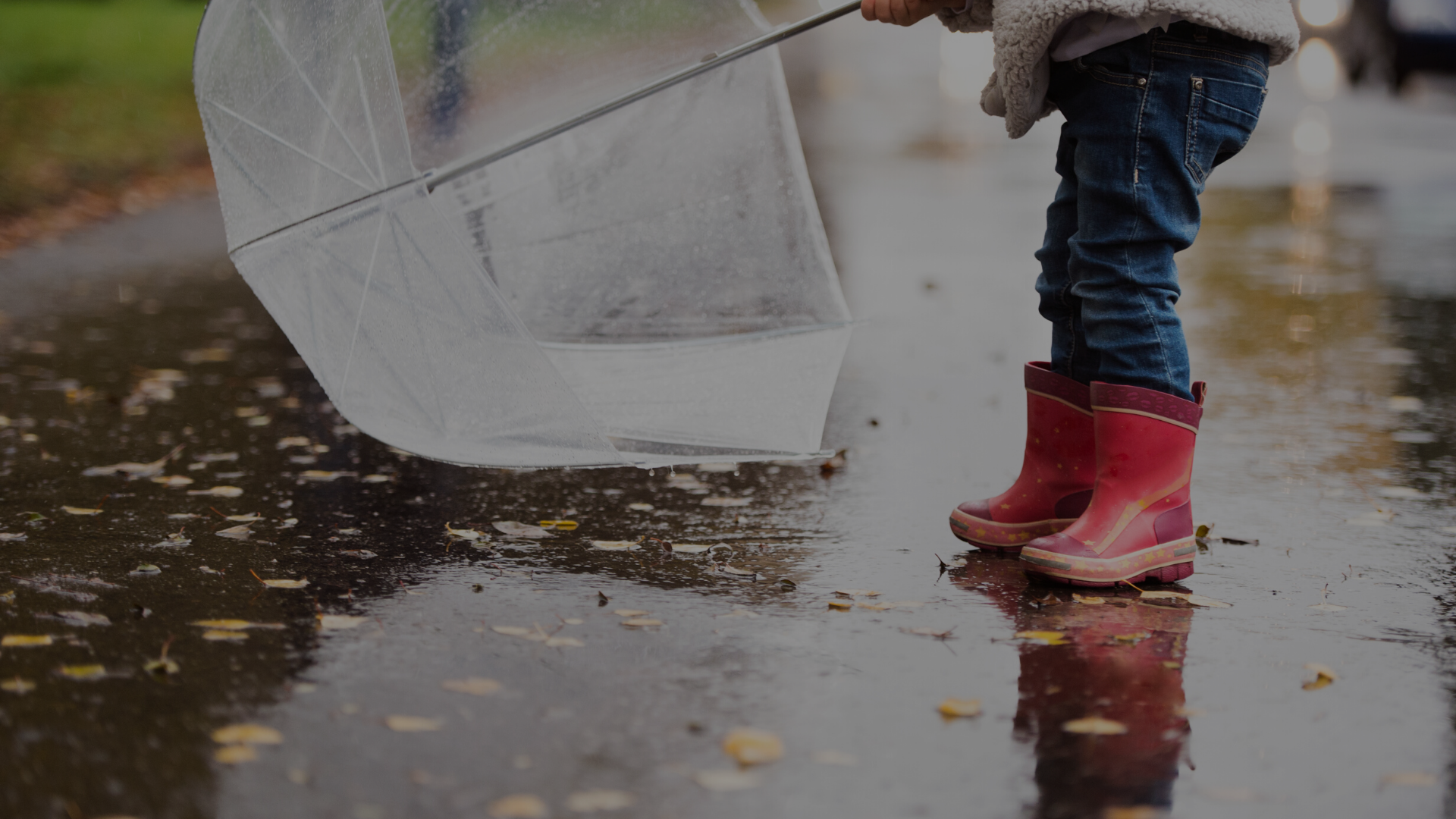Building An Emergency Fund
Building an emergency fund is not always the most exciting way to put your money to work, but it is foundational to good financial health.
Why Do You Need An Emergency Fund
Emergency funds are meant to cover unexpected expenses. This could be home repairs, medical bills, or living expenses for you and your family if you lose your job.
Having emergency savings set aside allows you to handle these unexpected expenses without throwing your long term goals off track.
How Much Do You Need to Save
The most common advice is to have 3-6 months worth of living expenses set aside. But there are some factors to consider in deciding how much you should save.
The first is what makes you feel most comfortable. If having 6 months or more in emergency reserves allows you to sleep better at night, then that’s what you should strive for. Just make sure you are still sufficiently investing for your longer term goals.
Here are some other things to think about:
- How stable is your job?
- Would it be easy for you to find a new job if you lost yours?
- Do you work in a highly specialized field?
- Are you in a single or double income household?
If your job is at all unstable or if it would be difficult for you to find a new job, you want to be closer to the 6 months end of the spectrum. And if you are a single income household where the risk of losing your job is magnified, you’re better off with more savings as well.
Where To Keep The Cash
Emergency funds should be easily and quickly accessible and held in cash so there is no risk of losing principal if there is a downturn in the market.
It’s easy to get caught up in trying to get more return on your cash than the small amount of interest you can earn in a savings account. But it’s important to keep the goal of an emergency fund in mind: to provide stability in unexpected circumstances.
Let’s say there is an economic downturn and you end up being laid off. You now need to access your emergency fund to cover your expenses until you find a new job. If your emergency fund is invested in the stock market, it has likely lost some of its value. And now you’re forced to pull money out and lock in those losses, not giving it a chance to recover.
A high yield savings account can be a great place to store the funds. And sites like bankrate.com provide good comparisons of rates and other account features. A simple savings account at your current bank is perfectly fine as well.
Remember, the purpose of an emergency fund is not to make a good return. It’s to allow you to leave your long term investments untouched when you have an unexpected need for cash.
How To Prioritize Saving For An Emergency Fund
It is critical to first make sure you have enough in your emergency fund to cover your health, auto and homeowner’s/renter’s insurance deductibles. If you need to make a significant claim on any of these policies, being able to pay the deductible will ensure you don’t run into major financial trouble.
Once you have enough to cover those deductibles, it’s ok to shift your priority to contributing to your employer’s retirement plan if there is a matching contribution offered. An employer match is essentially additional compensation, so you want to make sure you are taking advantage of that.
When you have this box checked, focus on setting aside enough to get you to the full 3-6 months of living expenses.
Strategies For Saving
If you’re finding it difficult to save or you feel like the small amount you can put aside won’t make much of a difference, try automating your savings.
Many employers allow you to allocate your direct deposit into multiple accounts. Put a small amount directly into your savings account each month. Or on the day you get paid, set up an automatic transfer of the amount you want to save from your checking account to your savings account.
And when you get a raise, make sure you are increasing your savings rate. This helps to avoid lifestyle creep and can be useful not only for building an emergency fund, but also for funding longer term goals.
Building an emergency fund can be a daunting task, but you’ll thank yourself knowing that you are prepared for whatever circumstances life throws your way.
Joe Calvetti is a CPA and the founder of Still River Financial Planning, a comprehensive, fee-only financial planning firm that specializes in working with young families and professionals. Click here to learn more about how we work with clients.
Are you interested in staying up to date on new articles and other news from us? Sign up for our newsletter or follow us on Facebook and Instagram.
Ready to learn more about how we can work together? Schedule an introductory call.
Disclaimer: The information provided above is for educational purposes only and should not be considered financial, legal, or tax advice. You should consult with a professional for advice specific to your situation.





